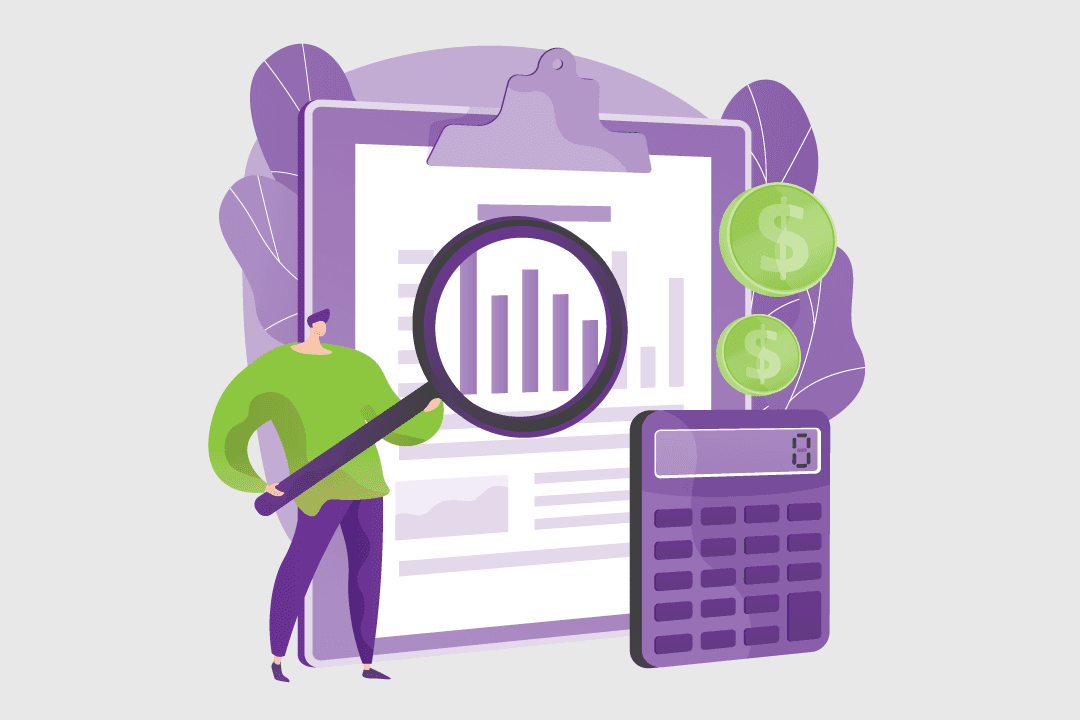Payroll officer job description
Let’s get real. Job information online can often be overly optimistic — conveniently glossing over the raw bits. But when you’re making decisions about your future, you need all the facts.
That’s why we anonymously surveyed payroll officers about their job, with hopes of getting an honest insight into what it’s really like.
While we did our best to ensure respondents were Australians and verified their job titles with proof of employment, we can’t guarantee complete accuracy — or that your experiences in the field will reflect theirs. So, we suggest that you take these insights as a guide only and try to talk to people in the field before making an important decision.
Tasks and responsibilities for a payroll officer
Payroll officers are an integral part of financial services and work with small and large businesses alike.
So, what does a payroll officer do? Payroll duties can include:
- Maintaining accurate payroll records and timesheet data on accounting systems
- Assisting with month-end patrol duties
- Managing superannuation contributions
- Superannuation, PAYG and Payroll Tax calculations, BAS, terminations and payments
- Setting up new employee profiles
- Preparing payslips and annual payment summaries
- Liaising with ATO
- Being the point of contact for any payroll queries
How to become a payroll officer
-
Study
Although formal payroll qualifications are not necessary to start work in this role, many employers require prior training through a payroll officer course of some kind. A course like a Diploma of Payroll Services (FNS50417) provides you with the necessary skill set to get an entry-level role. You could also complete a certificate in accounts and administration and use this as a way to get experience in a financial position and a pathway into the payroll speciality.
-
Specific payroll system training
Extensive knowledge of the most widely used accounting software systems available is a clever and fast way of getting your head around payroll processes. Xero and MYOB courses offer extensive course material and skills that will give you specialised payroll knowledge.
-
Further study
For a more comprehensive study of accounting processes, consider a Bachelor of Accounting. This degree course gives you the advanced skills and knowledge that all payroll professionals have and dramatically improves your career pathway prospects.
Pathway options
Some payroll officers stay in this stable career long-term, but there are plenty of opportunities to progress into higher roles in finance with enough payroll experience, or even other sectors entirely.
Some career path options for a payroll officer could be:
Junior
-
Accounts assistant
Most common qualification: Diploma of Accounting (FNS50217)
Mid
-
Accounts administrator
Most common qualification: Certificate III in Accounts Administration (FNS30317)
-
Bookkeeper
Most common qualification: Certificate IV in Accounting and Bookkeeping (FNS40217)
-
Payroll officer
Most common qualification: Diploma of Payroll Services (FNS50417)
Senior
-
Accountant
Most common qualification: Bachelor of Accounting
-
Accounting manager
Most common qualification: Advanced Diploma of Accounting (FNS60217)
-
Auditor
Most common qualification: Bachelor of Accounting
-
Chief financial officer (CFO)
Most common qualification: Master of Business Administration (MBA)
-
Tax accountant
Most common qualification: Bachelor of Accounting
Explore related qualifications
Preparing yourself for your new career can be achieved with the right payroll course. To give yourself the best chance of gaining an entry-level position, completing a payroll qualification will make you stand out from other candidates.
Certificate III in Accounts Administration
This course is perfect for those who wish to gain skills in financial data entry, processing accounts and payroll management, providing customer service in financial transactions, and producing financial reports.
Study at your own pace and gain extensive experience in financial processes. This can be a pathway to enrol in a Certificate IV in Accounting and Bookkeeping.
You may also be eligible for JobTrainer funding which may cover all or part of the course fees for learners that meet the requirements.
5 providers offer this course





Xero Accounting Certificate
A Xero Accounting Certificate equips learners with a robust understanding and practical knowledge of Xero — a sophisticated accounting software that runs many payroll functions for businesses in Australia and globally.
The duration of the course is around 15 hours total and there are no strict entry requirements. This payroll course is flexible, self-paced and completed entirely online. Payment plans are usually a feature of these types of courses which allow you to spread the cost out over time.
1 providers offer this course

MYOB Advanced Certificate
An advanced course in MYOB gives a comprehensive overview of all of the processes used in MYOB, including payroll. Entirely online and self-paced, this course duration is approximately 40 hours and can be easily completed over several weekends or in the evening.
Payment plans are available from some course providers to help spread the cost of the course over time.
1 providers offer this course

Diploma of Payroll Services
The Diploma of Payroll Services offers the skills and knowledge you need to run a complete payroll management system, including establishing new systems, preparing salary payments, salary packaging and superannuation payments.
The average course duration is 18 months and can be studied full-time or part-time with online learning. This course can be studied online, face-to-face or a combination of both.
1 providers offer this course

Related subjects
Roles that have you financially supporting businesses are not limited to payroll services. There are plenty of other financial industry jobs that need enthusiastic and highly organised newcomers.
Discover these careers:
Related articles
If a role assisting businesses with payroll is your calling, you have come to the right place. With a vast selection of resources, articles, how-to guides and career tips, you can access what you need here.
Discover these related articles:
Reviews
Reviews are from Australian workers with this job title or a very closely related one.
Is this your job title?
Share your thoughts and help people decide if this job is right for them.
- All
- Positive
- Negative
Ben
Nov 04 2021Get the weekly pay right and you're good.
What are the best parts of the job?
You just do the weekly wages correctly — and no one complains. It's not too difficult and the working conditions are nice.
What's the most challenging part?
The end of quarter BAS reports.
Hugo
Nov 04 2021Heavy workload in a nice environment.
What are the best parts of the job?
The work environment is nice, good office and nice colleagues.
What's the most challenging part?
The biggest challenge is how much of a workload there is.
Jordan
Nov 04 2021All good.
What are the best parts of the job?
it's good to work with my mates everyday.
What's the most challenging part?
I don't find anything that difficult.

























